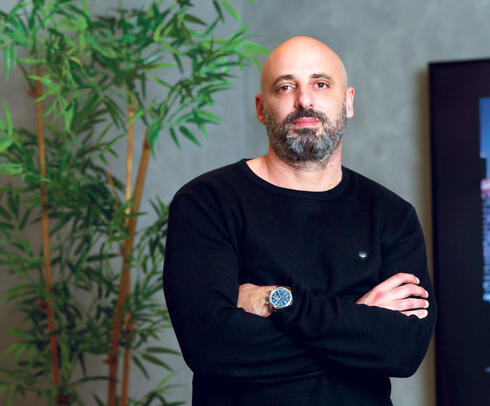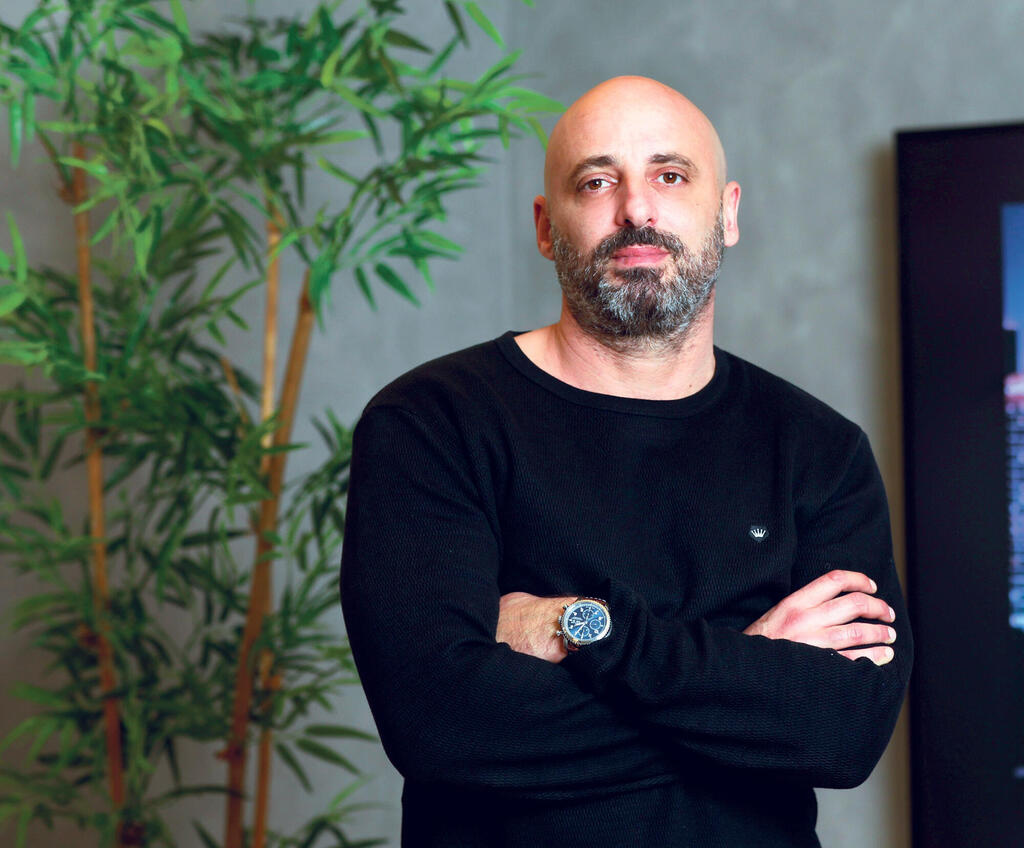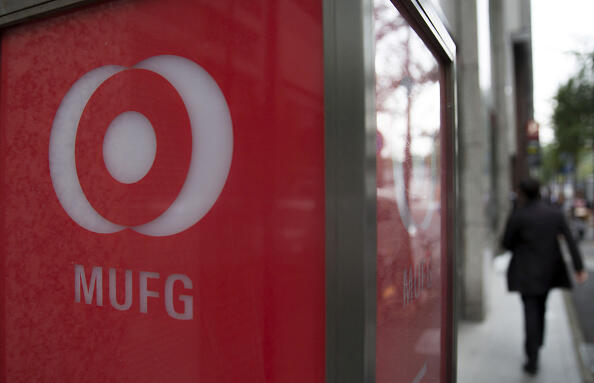
Liquidity Group reaches unicorn status with new $40 million investment from Japan’s MUFG
The fintech company, which provides unlimited unsecured, non-recourse, no-dilution growth capital, saw its valuation rise by 75% in less than a year to $1.4 billion
Israeli-founded fintech company Liquidity Group has raised another $40 million from Japanese banking giant MUFG Bank at a valuation of $1.4 billion.
Founded in 2018, Tel Aviv-based Liquidity is a provider of unlimited unsecured, non-recourse, no-dilution growth capital. The company was founded by Ron Daniel, who also serves as the CEO. Meitav Dash, MUFG, and Spark are all partners in the company.
Liquidity announced in May of last year that it had signed an agreement to set up a massive $2 billion investment fund in partnership with MUFG Bank and American venture capital firm Spark Capital. MUFG invested $1.25 billion of the initial sum and then added another $250 million last October.
Liquidity’s value rose by 75% in the latest round, with the company being valued at $800 million when American giant Apollo invested in it last April.
The latest funding brings Liquidity's equity fundraising to a total of $120 million. MUFG owns 12.5% of Liquidity's shares (fully diluted). The bank will be able to sell the purchased shares back to Liquidity if the company does not go public within an agreed period of time, which is believed to be two years. Liquidity is targeting an IPO on Nasdaq or the Tokyo Stock Exchange at the end of 2024.
The Meitav investment house, which invested in Liquidity in 2018 when it was founded at a valuation of $1 million, will see its holdings fall to 33.3% but will remain the largest shareholder in the company. Meitav will register a profit of several tens of millions of shekels from the latest transaction. The American venture capital fund Spark holds 18% of the company’s shares. CEO Ron Daniel owns slightly less than 10% of the shares.
Liquidity is a credit-oriented fintech platform that invests, syndicates, and automates growth and middle-market lending for businesses around the world, providing capital mainly to later-stage technology companies.
According to Daniel, it is able to predict the business situation of the borrowing company with unprecedented accuracy. It provides loans through six funds it manages (five debt funds and one equity fund). It also raises funds for these funds ($2.5 billion in total to date and Daniel aims for the amount to reach approximately $7 billion), among others from its shareholders, such as MUFG and Apollo.
Liquidity's headquarters are located in Israel, but it has offices in other countries and last November it even launched a development center in Abu Dhabi, with the help of the local investment center.
According to Daniel, the development center in Abu Dhabi is "an amazing platform. The employees pay 0% income tax and they allow us to bring talent from anywhere in the world. In Israel, it is almost impossible to bring talent from outside Israel. In the Emirates, I get a work permit for any programmer I want within two weeks. We currently have 40 employees in Abu Dhabi and I plan to reach 100 employees."
The company also has a development center in Israel with 70 programmers.
Why not have all the R&D activity in Israel?
"The company is growing at a rate of 500% per year. I can't grow on such a scale only in Israel and the competition for every programmer here is too great."
Even now is the competition too great? After all, there have been quite a few waves of layoffs.
"You are talking about spoiled workers who demand NIS 70,000 a month (approximately $19,700). There is no reason for me to hire such programmers in Israel when in the Emirates I can pay them NIS 30,000 ($8,400)."
Do you perceive Liquidity as an Israeli company?
"We are a proud Israeli company. And this isn’t related to the political situation that is not helping."
How does the political situation and the judicial coup affect you?
"I feel the situation in many ways. Many of our Israeli employees want to relocate to our offices around the world. In the past, I had to beg them to move, and in the last month, I received 20 requests from employees who want to relocate. The dollar exchange rate is also a cause for concern. Today, Israeli companies are finding it difficult to raise money through debt or equity in light of the situation, and this is regardless of the fact that the market is already difficult."
You are not experiencing difficulty?
"We have no difficulty. We are a very different kind of company. We are the ones who lend the money and also invest in ourselves. When there are liquidity difficulties in the market, we have a competitive advantage, because we have high liquidity. I can choose who I want to give credit to. Thanks to our technology, I know how to lend to companies according to the value of activity, and not according to the value of assets, which is the method the banks use.
"Our systems predict the value of the business activity two years forward and at 94% accuracy. That's why we have almost never had a company default. There was maybe one event at the beginning, and we were able to recover from it."
Daniel says that Liquidity's current credit portfolio stands at $1.9 billion and is growing all the time. According to Daniel, 20% of the credit has been given to Israeli companies.
Why would high-tech companies prefer to work with you over working with the banks?
"Our interest rates are not higher than the market, but our technology allows us to give an answer within 24 hours. If the answer is positive, you immediately receive a letter of intent to sign. If the answer is negative, you receive a detailed report that explains the reasons for the refusal and what you need to do to receive a positive answer. It takes 3-6 months for the banks to give an answer, and they usually finance current activities with a relatively small investment, so in practice, the bank does not take a particularly big risk.”
How did Liquidity start?
"I had a company that grew fast and collapsed. It developed management systems for small companies. It raised $20 million and needed another $30 million, but I couldn't raise it. I closed the company and returned the money to the investors, and I started thinking about how I could solve this problem. The entrepreneur Yaron Sela, Oren Maymon, who was then a senior executive at Applied Materials, and I, teamed up to find a solution. We dedicated three years to it until we succeeded. One morning in July 2017 I woke up with a solution. At noon I presented it to Oren and we have been developing it ever since. And we were very lucky, because Eli Barkat and Avner Stepak, who control Meitav, realized very quickly what the potential was and joined us from the first moment."
Do you have a good relationship with Meitav? How are they as partners?
"They made the deal of their lives here. They invested in the company at a value of $1 million and today it is worth $1.4 billion. And they deserve it. They were the first to recognize the potential. I approached them because I really like Eli Barkat and Eran Barkat. They are the best partners in the world. They taught me a lot about the financial world. We argue, but they always agreed to follow our path."
It's interesting because an investment house like Meitav is not exactly your classic investor. This seems more fitting for a VC fund.
"Venture capital funds are entities that operate in a structured conflict of interest with the entrepreneurs and 99% of the time they hide it. An entrepreneur wants to build a real company, while the funds only need one big success in a portfolio of 10-20 companies. That's why they lose interest in companies very quickly."
Spark is a venture capital fund.
"True. I knew I also needed such an investor. And Spark is different in this landscape. Spark's DNA is not to push its companies to unrealistic goals and not to encourage the companies to present the story as they see fit instead of the truth. The people teaching entrepreneurs to lie are the funds. There is a saying that statistics don't lie, but liars use statistics all the time. The funds brought the lie to this market."
How do you view the current crisis in high-tech?
"This crisis is bringing the market back to sanity. Salary levels reached illogical realms. Programmers with 3-4 years of experience were not ashamed to ask for a salary of NIS 70-80 thousand a month, and even then they did not show loyalty to the company and jumped from place to place. The companies, in turn, increased their workforce in order to look big, but they didn't need to increase their workforce as there was no corresponding increase in their businesses. We have grown by 40% in our workforce. We have 110 employees in Israel and 220 employees worldwide. We have not laid off employees, on the contrary, we are recruiting. In line with the growth rate of the company."
How much longer will the high-tech crisis last?
"I don't think it will last much longer. Towards April-May, we will start to see a revival in the market in the form of investments in large companies. The prices are already close to the bottom. There is a lot of money and the funds need to make investments. Our analysis shows that the technology market will start to climb around April."
Liquidity was represented in the latest transaction by advs. Yoav Etzyon, Efrat Shpizaizen and Karin Lichterman from Amit Pollak Matalon law firm.















